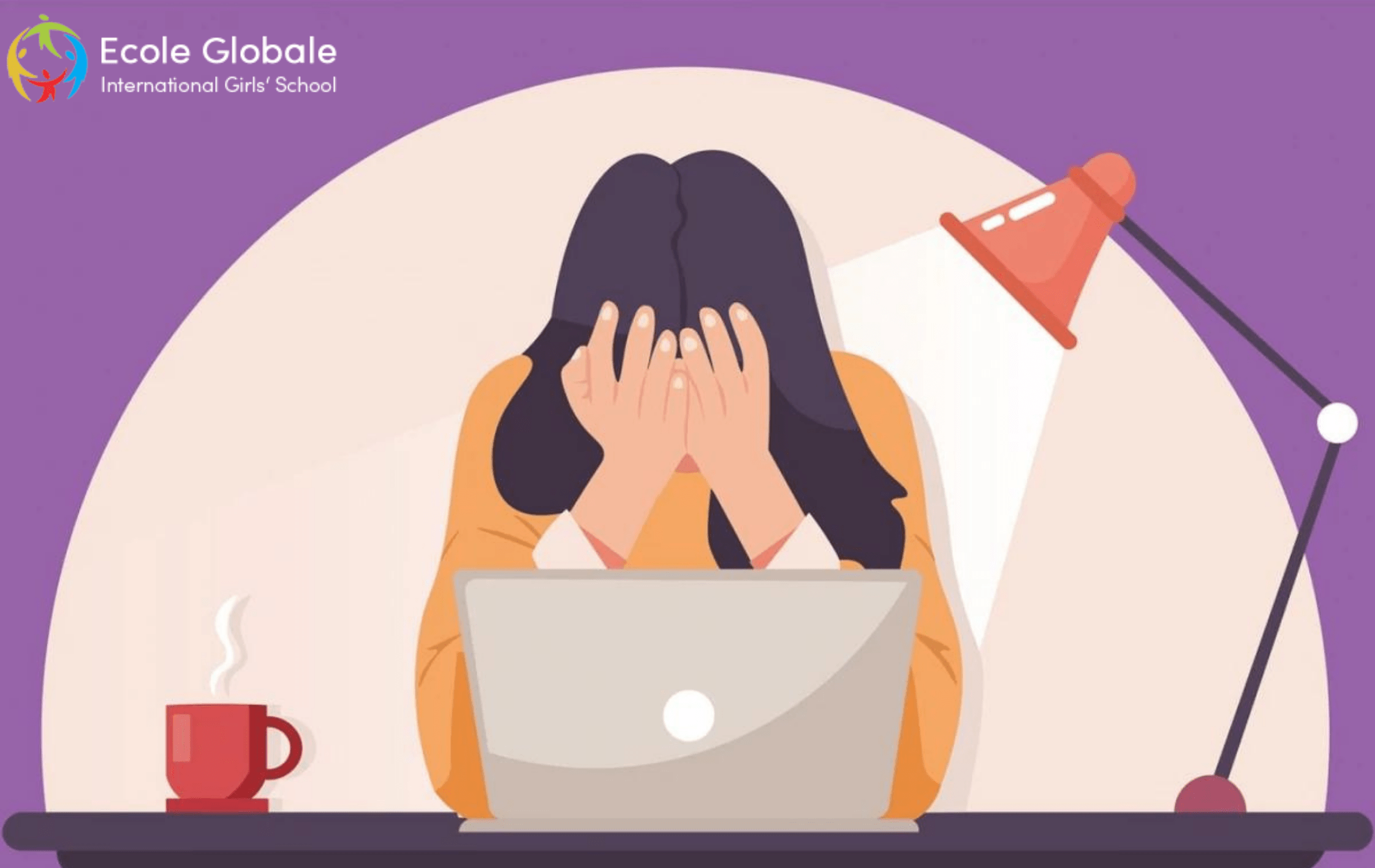Distance learning is a form of education that involves students and instructors interacting with each other through technology. Distance learning courses are often virtual, meaning that students and instructors meet online. Typically, distance learning courses involve video conferencing or webinars.
Distance learning courses are growing in popularity because they allow students to complete coursework from anywhere in the world. Many distance learning programs also offer flexible scheduling options for working adults who don’t have a lot of free time available outside of work to attend traditional classes. Distance learning is an increasingly popular alternative to traditional classroom instruction. Distance learners can have the flexibility to study when it’s convenient for them, but it also means they need to be self-disciplined and motivated enough to carry out their studies independently which eventually might lead to Mental Effects of Distance Learning.
Also Read: Ways to Monitor Student’s Mental Health
What are the mental effects of distance learning?

Distance learning has become a more and more popular option for education, with its convenience and flexibility. Distance learning is a great way to expand your knowledge, but it can also have some negative effects on your mental health that you should be aware of:
1. Distance learning can be isolating
The only thing that connects you to your classmates is an online forum and a chatroom. In the real world, there is always the possibility of meeting up with friends or colleagues for coffee or lunch. You can go out for drinks after work or just hang out. But distance learning takes all of that away from you. You are stuck in your little bubble, separated from everyone else by an invisible wall.
You might think that’s fine—that you’re doing this because you love being alone and don’t mind being detached from other people. But even if this were true, living in isolation can have serious consequences for your health and well-being over time.
2. Time management can be hard when there is no external structure
One of the most common is that it can be hard to manage your time because there is no external structure for you. You have to figure out how to set your deadlines, and if you don’t do that well enough, it can lead to problems in other aspects of your life.
When you’re taking classes online, you will need to figure out how many hours per week you are going to spend studying and working on assignments. If there aren’t any deadlines imposed by an instructor or institution, then this can be difficult. If you don’t create deadlines for yourself, then it might be easy for weeks or even months to go by without doing any work whatsoever
3. It can be harder to decipher the teacher’s tone

Distance learning is a great way to expand your education and get a degree without having to leave your home. However, it can be more difficult to understand the teacher’s tone and body language than in-class learning.
It can be harder to decipher the teacher’s tone because you won’t be able to hear their voice, which can affect your ability to understand what they are saying. You may also find it more difficult to follow along with class discussions if a student asks a question or makes a comment that you don’t understand.
Distance learning requires you to ask questions for the teacher to help clarify any misunderstandings or confusion. You should also keep track of what’s going on in class by taking notes on everything the instructor says (both verbally and electronically). This will allow you to stay informed about upcoming assignments and exams so that you can prepare ahead of time.
4. There are a lot of distractions at home
Distance learning is a great way to study, but it’s not without its own set of problems.
For example, distance learning students often have more distractions at home than they would in a traditional classroom setting. If you’re taking a class online, you might find yourself with more time to procrastinate because of the lack of structure and social interactions with other students in your class. This can make it harder to stay focused on your studies if you’re not careful.
There are also times when it’s hard to get motivated to study when you’re just sitting around by yourself at home all day long—especially if you’re living in an area where there’s not much going on and everything is pretty quiet around town
5. It is easy to feel overwhelmed by school work
Distance learning can be a great way to get the education you want without having to leave your home, but it can also cause mental effects that are hard to deal with.
When you’re doing distance learning, it’s easy to feel overwhelmed by all the work you have to do. You may not be able to get away from schoolwork unless you go somewhere else, and that can be hard on your mind. It’s also easy for students who are used to working in a more traditional setting to become depressed or anxious when they don’t have access to other students or teachers.
Conclusion
Thus, there is a need for extensive research on the effects of distance education on students’ cognitive and emotional states. There certainly are differences between distance learning and traditional classroom courses. Students in distance learning courses tend to have more social problems, and this could be presented by the distance between them and their teachers. Researchers should also investigate how different teaching styles can help students better cope with mental strain resulting from distance education and if certain personality traits are required to be successful in such a course.
For any queries related to parenting, schooling, or any student-related tips, click here to check out our latest blogs










